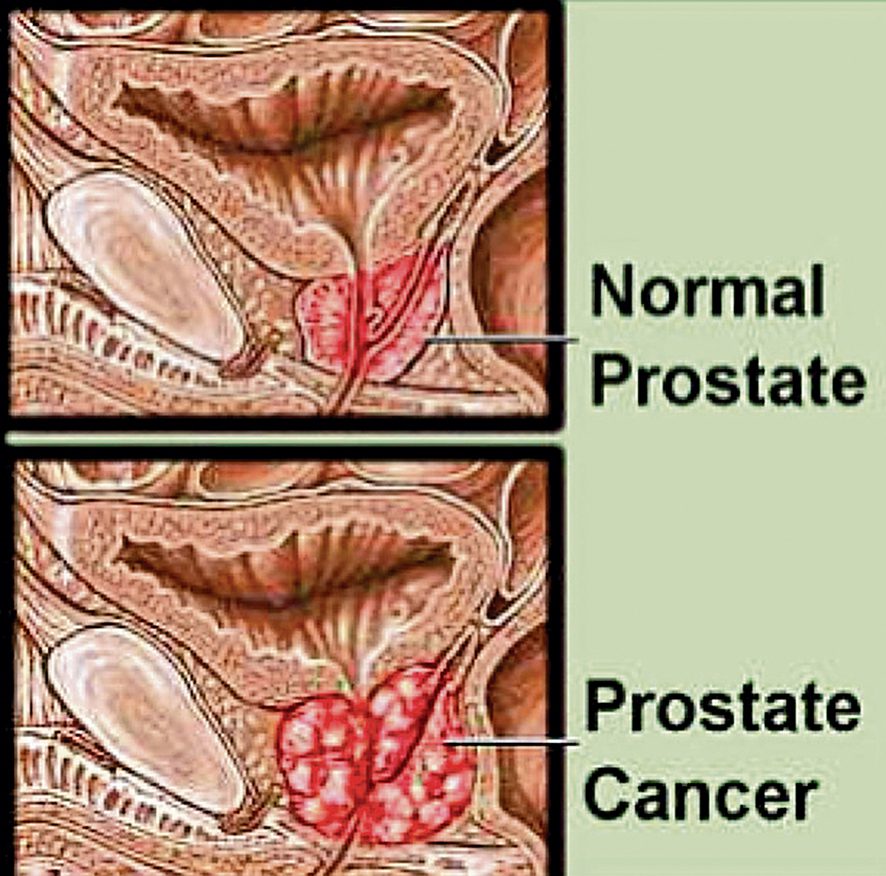Johannesburg – If you are a black man, the likelihood of getting prostate cancer is five times higher than other race groups. Prostate cancer is most common cancer in men.
Famous faces, including the late president Nelson Mandela, jazz legend Hugh Masekela, as well as Don Laka, were all diagnosed with the disease, with the former having succumbed to it.
Professor Shingai Mutambirwa, who is one of the founding members of the Prostrate Cancer Foundation in SA and head of department of urology at Sefako Makgatho Health Sciences University in Pretoria, says ongoing tests are being done to determine why this is, but it is linked to one’s genetic make-up.
He says that all men will eventually get prostate cancer if they live long enough.
For men who are diagnosed with prostate cancer that has spread to other parts of the body, the five-year survival rate is less than 30%.
“About half of these are not going to be troublesome. Most men live up to the age of 80 with a swollen prostrate, which makes it difficult to urinate, but this is not too serious. An important thing to remember is that if you are black, you have a five times increased risk of developing prostate cancer. And if you’re not black, but you have first-degree relatives such as siblings, parents or children with breast cancer or prostate cancer, you are also at about a five times increased risk of developing prostate cancer, and it may be more aggressive.”
He advises all men to get tested from the age of 40.

“All the data show very clearly that if you pick up prostate cancer early, which requires screening, you have a 95% chance of being cured and will have a similar life expectancy to someone without the cancer. The problem with prostate cancer is that it sits on the outside of the prostate, so it takes a long time before you get any symptoms from it. Only if you pick it up early with PSA testing and a digital rectal examination, will we be able to treat it and cure it.”
A PSA blood test at your healthcare practitioner can take a couple of seconds and can potentially save your life. A concerning trend has emerged alongside the increasing effects of the Covid-19 pandemic, both in South Africa and globally – a distinct decrease in the rate of people being screened for cancer.
“Even with Covid-19 around, there are still other causes of death, and we need to balance the risks of exposure to Covid-19 with the chances of having prostate cancer. My advice would be to maintain a screening protocol , especially if you have a family history of prostate cancer, or if you have a first-degree relative who has breast cancer,” he says. Your local GP or clinic can be your first stop.
Follow @SundayWorldZA on Twitter and @sundayworldza on Instagram, or like our Facebook Page, Sunday World, by clicking here for the latest breaking news in South Africa. To Subscribe to Sunday World, click here.



